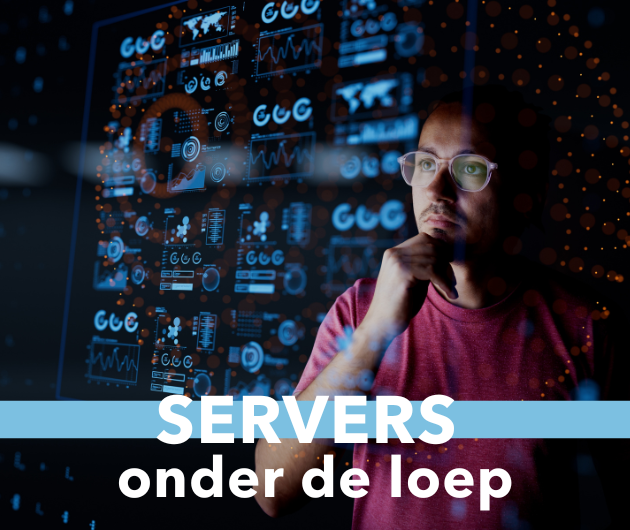Being something of a music freak, I have experimented with Napster. This has been my personal introduction to peer-to-peer computing over the Internet. It was interesting but not particularly satisfactory.
It certainly was entertaining enough to make my grandsons annoyed at the enforced closure of Napster, but like so many Internet systems, it would have been useless in a commercial situation. I am thus very suspicious of new developments aimed at creating communities of PCs, linked peer-to-peer to each other over the Internet. The objective is simply to try to better exploit all the massive underused computing power that PCs represent, whter it is of any value or not.
There is an open source equivalent of Napster, Gnutella, but it is Groove that is creating the interest in commercial applications. If they are to progress then they must look beyond music applications. Indeed Groove, coming from the same people who created Lotus Notes, is nick- named "Napster for business".
But before looking at new applications, it is worth analysing the problems behind Napster. First is the technical problems. The Internet today is too slow; it took too long to copy MP3 files, so most transfers were aborted in midstream. Second is the illegal copying of licenced music, which worried both the record companies and the artists and was the reason behind the successful action taken against Napster. But the third problem is that there are better ways of doing it in the long term! Frankly this peer-to-peer concept is a load of nonsense, sponsored entirely by the PC community as a desperate need to find a new way to generate revenue. It doesn’t mean that there will be no useful applications, but most of those mentioned will be better implemented by central systems.
Since it is high profile, let us consider Napster as an example. The first problem mentioned above, performance, will be removed as communications get faster and cheaper, so that it is the commercial aspects that are more important in the long run. Probably the biggest stumbling block is a method of charging for a service, and a way of collecting payment. In most e- commerce systems a credit card transaction is employed. This takes quite a lot of time and is costly per transaction. This is acceptable when ordering books or airline tickets, but not for transactions that are worth less than a dollar, which is the going rate for a track on a CD. Clearly then the need is for an automatic system that can add a low premium to a transaction, automatically with very low overheads. These transaction costs need to be accumulated and billed weekly, monthly, whatever. This should be highly practical, because the connection is made over the Internet and thus can be monitored. The solution lies in extending technologies already common in telephony; they cope with low overheads per transaction and the "telephone billing" concept works well. "Pay as you go" is the obvious way forward to bring Internet transactions to the mass of low value business. Work is in hand to develop the appropriate protocols.
If the charging and performance problems can be resolved, then Napster and peer-to-peer computing could progress. But wait, there is then a better way! If the music industry can satisfactorily get a way of collecting its revenues, then they can become a Napster node themselves. In fact they could put all their music portfolio on line. If they did that then anyone could access it directly and there is no need to connect to anyone else’s PC! With a payment system in place, individual musicians and groups could set up their own sites, which may not please the record companies, but is welcome (legal) competition.
If we look further ahead then we must question the concept on downloading files. I am a self- confessed CD junkie! I buy so many CDs that if I started at the beginning of my collection, I would have difficulty in reaching the end. If I am honest I play Miles Davis or Buck Clayton CDs many, many times, but most only get played four or five times, $2 to 3 a playing! If I download a copy, I need a PC to store it and a CD recorder to make a CD. If the communication networks get faster, then a better idea is to logon to a site which will provide direct audio on a pay-per-play basis and I don’t need a permanent copy!.
The point of all this is use the music industry’s problems to focus on business implications, and to query the concept of peer-to-peer computing. Think about it long term, I’m sure ASPs are a better bet!








